Your HSC Trial Exams are more than just practice runs; they are high-stakes opportunities to refine your study methods, identify knowledge gaps and simulate real exam pressure. For both Year 11 and Year 12 students enrolled in ACE HSC Tuition courses, effective preparation means more than just revising content; it requires a structured approach, targeted self-testing and strategic experimentation with how you study. In this guide, we share evidence-backed strategies that top-performing students use to succeed in their trials and beyond. Read on to learn more about ACE HSC Tuition’s research-backed HSC tutoring self-study techniques to help improve your performance in your HSC trial exams.
1. Start with a Structured Study Plan
Why Year 11 and Year 12 students benefit from structured HSC tutoring early on
A clear, structured study plan is foundational to effective preparation. It ensures balanced time allocation across subjects, minimises last-minute cramming and supports long-term retention.
Research by Plant, Ericsson, Hill, & Asberg (2005) found that university students who followed structured schedules performed significantly better, up to 30% higher in final assessments, than those with unstructured study habits. Structured time management helps avoid cognitive overload and enhances focus on specific learning objectives.
AERO, Australia’s national education research agency, recommends structured weekly planning as one of the most reliable predictors of academic success across Years 11 and 12.
Practical Tip: Use a weekly planner to break down topics by subject. Allocate time for review, practice exams and content-specific problem solving. For Year 11 students, this is also a chance to develop and trial your study habits in preparation for Year 12.
2. Self-Testing and Active Recall
A must-have strategy for students using online HSC tutoring or study groups
Self-testing is one of the most powerful tools in a high-achieving student’s toolkit. Unlike passive re-reading or highlighting, testing yourself forces you to retrieve information from memory, strengthening neural connections.
A landmark study by Roediger & Karpicke (2006) found that students using active recall had 50% higher retention after one week compared to students who simply re-read notes. This is known as the “testing effect.”
The NSW Mathematics Hub recommends regular short quizzes using retrieval practice as a core part of daily study, noting these exercises dramatically improve memory and performance in maths and science subjects.
Practical Tip: After studying a topic, close your notes and write out everything you remember. Use flashcards, quiz apps like Anki or Quizlet, or verbally explain concepts to a peer.
3. Experiment with Practice Test Strategies
HSC tutoring centres can help you refine your test-day technique
Trial exams are the ideal time to experiment with your test-taking strategy. Should you start with the hardest questions or the easiest? Should you write essay plans first? Discover what works best for you.
Butler & Roediger (2007) showed that students who used practice testing under timed conditions increased their final exam performance by an average of 16% compared to peers who didn’t test themselves in realistic conditions.
A University of Newcastle case study on HSC Chemistry students found that students who practiced mock exams regularly developed stronger metacognitive skills and performed better in Working Scientifically assessments.
Practical Tip: Try different approaches with past papers. Simulate full exam conditions and rotate strategies each session to find your optimal method.
4. Focus on Spaced Repetition
Proven memory tools for high school students in HSC maths, chemistry and physics
Instead of cramming, review material over increasing intervals. This method, known as spaced repetition, helps consolidate knowledge in long-term memory.
A meta-analysis by Cepeda et al. (2006) reviewed 254 experiments and found that spacing study sessions improved long-term retention by an average of 15% compared to massed (crammed) study sessions.
Palm Beach Currumbin SHS recommends a proven 1–7–16-day spacing cycle for reviewing topics to align with neuroscience-backed learning intervals.
Practical Tip: Use a revision schedule that revisits topics after 1 day, 3 days, 1 week and 1 month. Digital tools like Anki automate this process based on your performance.
5. Analyse Your Practice Exam Results
How Year 12 tutors guide students to learn from their mistakes
Every practice exam is a goldmine of feedback. Don’t just mark your answers; analyse them. Identify why you got a question wrong and what concept it connects to.
Dunlosky et al. (2013) found that students who not only practiced but also reviewed their errors and adjusted their study focus improved test scores by up to 20% more than those who simply retested without reflection.
HSC wellbeing research from UNSW describes trial exams as a “blood sport” for students and links reflection-based preparation to reduced stress and better coping under pressure.
Practical Tip: After each mock exam, categorise your errors (e.g., careless mistake, conceptual misunderstanding, misreading the question) and revise those areas first in your next study block.
6. Use Interleaved Practice Across Subjects
A smart approach used in HSC economics tutoring and other advanced subjects
Instead of studying one subject or topic in isolation, mix your practice between different topics and question types. This forces your brain to stay alert and reinforces differentiation between concepts.
Kornell & Bjork (2008) found that interleaving led to 43% higher accuracy in test performance compared to blocked study methods, especially in problem-solving subjects like maths and science.
The Mathematics Hub NSW promotes interleaved learning strategies across Year 11 and 12 maths programs and has seen measurable increases in concept retention over single-topic drills.
Practical Tip: Don’t do 10 similar maths problems in a row. Mix algebra with geometry, or switch from physics to economics to strengthen concept discrimination.
7. Track Progress and Adapt
The key to personalised success for Year 11 tutors and high-achieving students
High-performing students are not just hard-working; they are reflective. Track your progress with each study session and adjust based on performance.
Zimmerman (2002) observed that students who self-monitored and adjusted their learning strategies scored on average 25% higher in academic performance than those who followed a fixed routine.
The University of Newcastle study on self-regulation found that HSC Chemistry students who tracked progress weekly reported higher motivation and exam confidence, especially in extended-response questions.
Practical Tip: Keep a progress journal or spreadsheet. After each self-test or practice paper, note your score, your weakest areas and what adjustments you’ll make.
Ready to Take the Next Step With Your Year 11 and Year 12 HSC Trial Exam Prep?
Preparing for the HSC Trials is about working smart, not just working hard. A combination of structured planning, evidence-based study techniques and strategic experimentation will give you a competitive edge. As a high-performing student aiming for elite university programs, adopting these proven methods is not optional; it’s essential.
For expert support, subject-specific guidance and a personalised study approach, get in touch with ACE HSC Tuition. We offer both in-centre and online HSC tutoring across all major subjects, including HSC maths, chemistry, physics and economics. Whether you’re a Year 11 student preparing early or a Year 12 student targeting top results, we’re here to help you succeed.
Ask your ACE HSC tutors about how you can take your HSC trial prep to the next level. Or visit our Blog to discover more helpful tips on how to improve your mock trial exam performance.


